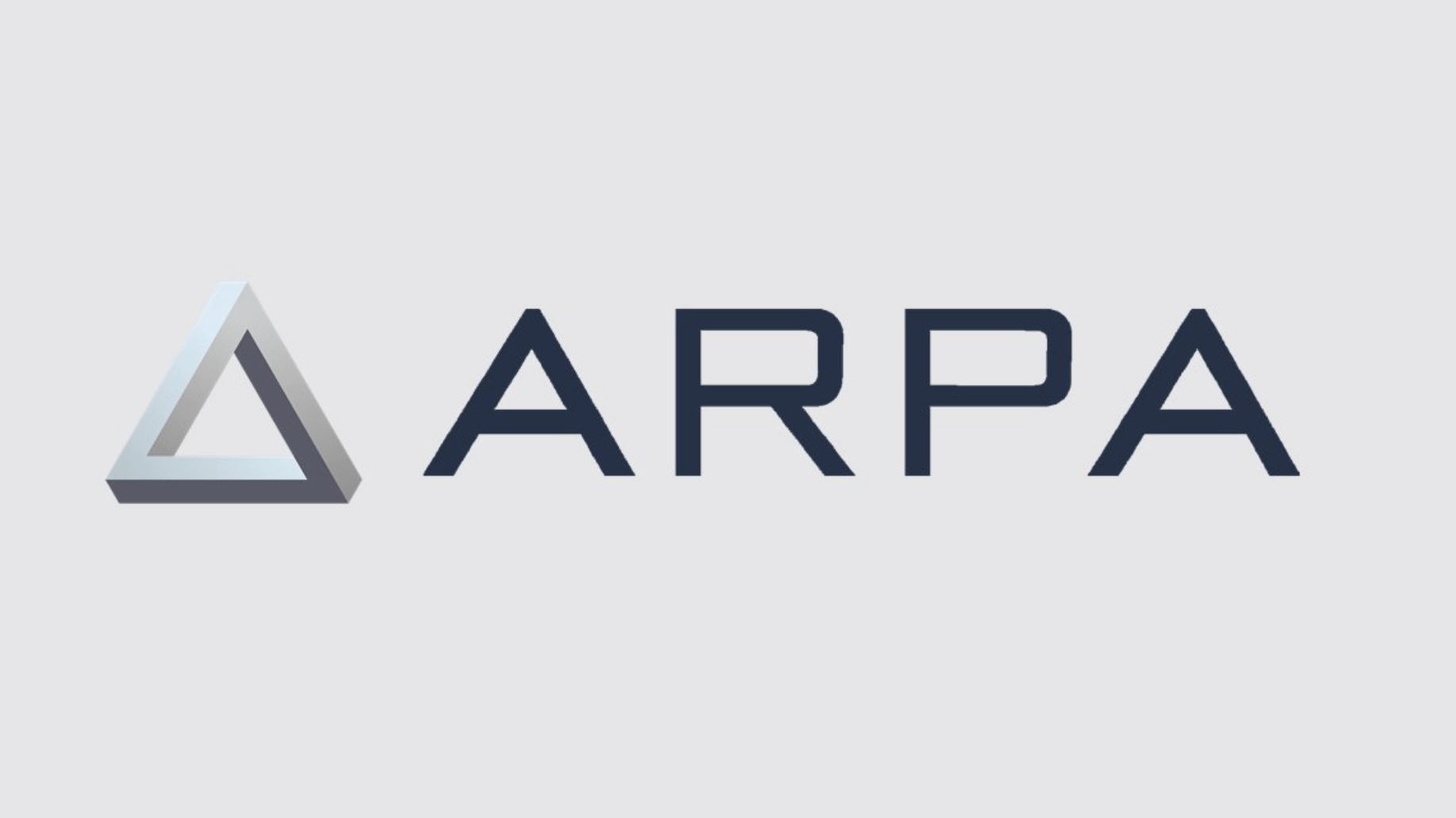
ARPA, a blockchain-based privacy-preserving computation network, has announced that The Institute of Electrical and Electronics Engineers P2830 standard has reached the ballot stage of the IEEE Standard Association (SA) Standard Development Process. Alibaba led the working group in which ARPA is participating, with representation from Shanghai Fudata, Baidu, Lenovo Group, Zhejiang University, Megvii Technology, and the China Electronic Standardization Institute.
The Growing Need for Privacy-Preserving Blockchain Solutions
With the recent Ledger hack, blockchain privacy has become a hot topic since transactions can be tied back to wealthy users. It creates security and privacy risk for individuals. Moreover, the recent surge in the DeFi – coupled with the fact that the space is highly unregulated – has raised serious concerns in the crypto community. As a result, investors are pouring money into blockchain-based security protocols. The retail giant, Paypal, recently acquired Curv – a cryptocurrency security startup that uses multiparty computation (MPC) technology to secure its network. On the other hand, Zengo has raised $20 million in funding to further its development plans of the keyless cryptocurrency wallet.
The soaring crypto market has brought in the excessive need for multiparty computation platforms like ARPA and Zero-Knowledge Proof (ZKP) protocols to preserve the privacy and anonymity of users.
MPC technology is based on the principles of Shamir’s Secret Sharing. According to these rules, a blockchain-based network breaks the private data into small pieces and then shares them among the participants without revealing the data source. MPC is leveraged by APRA to secretly share the data on its network, thereby preserving the anonymity of its users.
A Universal Standard for Defining the Framework for Machine Learning
The IEEE is the largest technical professional organization that promotes high-quality engineering, technology, and computing information. The IEEE Standard Association (SA) is an Operating Unit within IEEE that nurtures, develops, and advances global standards in multiple industries, including IoT, AI, ML, Power and Energy, Consumer Technology, etc.
The IEEE SA P2830 standard defines an architecture for machine learning. It is referred to as training a model using encrypted data accumulated from different sources and getting it processed from a trusted third party. This standard is used by engineers and developers worldwide.
Alibaba initiated the submission for IEEE SA P2830, which was later joined by ARPA and other representatives from academia and industry. All of them formed a group together and submitted the draft copy of the standard to the association. As such, the IEEE SA develops a new standard using a standard process consisting of six stages. ARPA has now passed three stages and proved that the standard is sufficiently stable. The draft is now at “Balloting the Standard” step.
In order to pass, a minimum of 75% of all ballots from a balloting group must return, and all these ballots must bear a “yes” vote. The working group comprising Alibaba, APRA, and other contributors are now waiting for the result as ballots usually last 30 to 60 days.
ARPA’s History with Privacy-Preserving Computing Technologies
Since its inception in 2018, ARPA has been developing and researching privacy-focused solutions. The platform uses Multi-Party Computation technology to separate data utility from ownership to enable data renting. In 2019, ARPA partnered with MultiVAC to enable developers to furnish mathematical guarantees of security and privacy of their dApps. A year later, its broader focus on privacy led APRA to win the “2020 Privacy-preserving Computation Emerging Power” award.
In the last few months, ARPA has collaborated with industrial partners and standardization institutions to draft various privacy-preserving computation standards for multiple industries. The submission of the IEEE P2830 standard is a part of ARPA’s mission of working with global companies and academies to provide the framework and practical advice to developers and architects. Moreover, it also acknowledges the project’s contribution to building privacy-based frameworks.


















